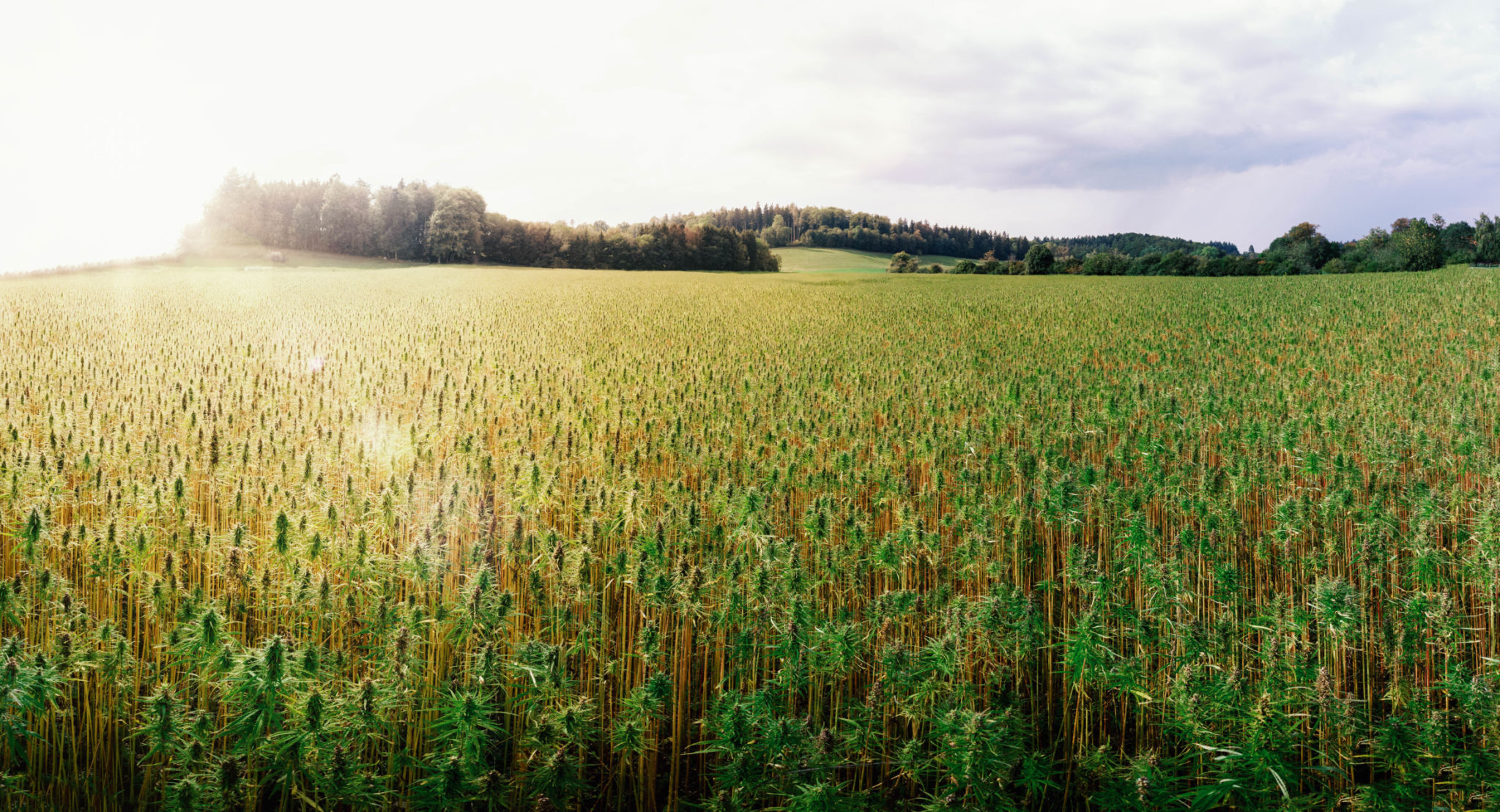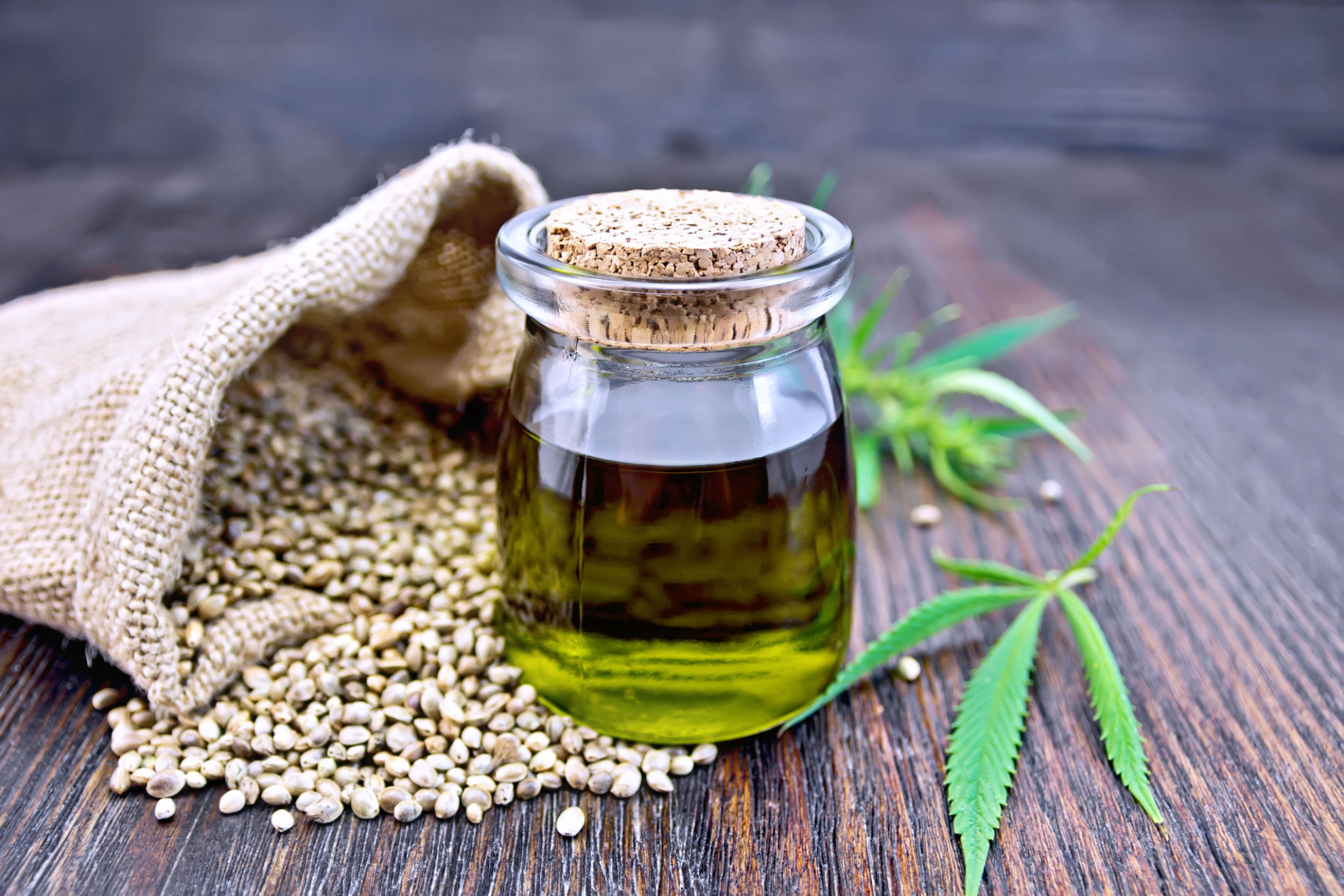Expert Insights: The Future of Hemp Farming in Ireland
The Rise of Hemp Farming in Ireland
The interest in hemp farming in Ireland has surged in recent years, driven by the growing awareness of its environmental and economic benefits. As the global demand for sustainable products increases, Irish farmers are exploring this versatile crop, which can be used for everything from textiles to biofuel. But what does the future hold for hemp farming in Ireland?

Current Landscape of Hemp Farming
Currently, Ireland's hemp industry is still in its infancy, with a limited number of farmers engaged in cultivation. However, the government and agricultural bodies are beginning to recognize hemp's potential to diversify the agricultural sector. This recognition is crucial as it provides the foundation for policy changes that could facilitate the industry's growth.
One of the key challenges faced by Irish hemp farmers is the stringent regulations surrounding its cultivation. Hemp is often confused with its psychoactive cousin, marijuana, leading to a complex legal framework. Nonetheless, recent discussions suggest a potential easing of these restrictions, which could pave the way for more widespread adoption.
Economic and Environmental Benefits
Hemp farming offers numerous economic and environmental benefits that make it an attractive option for Irish farmers. Economically, hemp is a versatile crop that can be used in various industries, including textiles, construction, and health and wellness. This versatility provides farmers with multiple revenue streams, enhancing economic resilience in rural areas.

Environmentally, hemp is known for its ability to sequester carbon and improve soil health. It requires fewer pesticides and herbicides compared to traditional crops, reducing the environmental impact of farming practices. By adopting hemp cultivation, Ireland can move closer to its sustainability goals while supporting biodiversity.
The Role of Innovation in Hemp Farming
Innovation plays a significant role in shaping the future of hemp farming in Ireland. As technology evolves, new methods for cultivation and processing are emerging, making it easier and more cost-effective for farmers to produce high-quality hemp products. Innovations such as precision agriculture tools can optimize yield and reduce resource consumption.
Moreover, research institutions are increasingly collaborating with farmers to explore new applications for hemp. This collaboration is essential for unlocking the full potential of hemp and creating value-added products that can compete in global markets.

The Path Forward
The future of hemp farming in Ireland looks promising, but it requires a collaborative effort from all stakeholders involved. Policymakers need to create a supportive regulatory framework that encourages investment and innovation in the sector. Farmers must be willing to embrace new techniques and diversify their operations to include hemp.
Ultimately, consumer awareness will play a pivotal role in driving demand for hemp-based products. By educating the public about the benefits of hemp and promoting its sustainable nature, Ireland can position itself as a leader in the European hemp industry.
In conclusion, while challenges remain, the future of hemp farming in Ireland is bright. With strategic investments and a focus on sustainability, Ireland has the potential to become a hub for hemp innovation and production, benefitting both the economy and the environment.